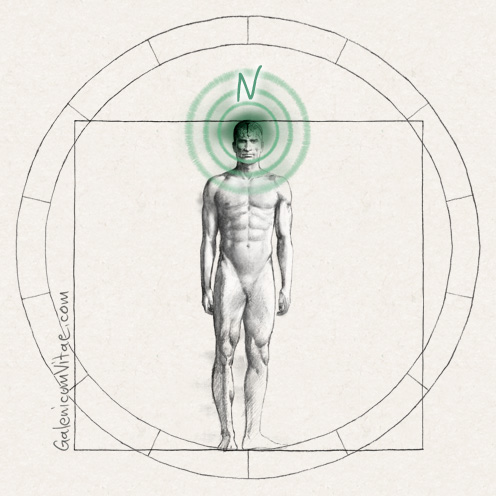Cerebral tumours originate in the brain tissue. Brain tumours can be benign, not cancerous or malignant with cancer cells that grow quickly.
Symptoms. The most common are headaches, but they only rarely produce this symptom alone and it is usually accompanied by one of the following:
- Vomiting.
- Change in ability to talk, hear or see.
- Problems with balance or walking.
- Problems with thinking or memory.
- Shakes or muscle spasms.
- Numbness or tingling in the arms or legs.
Treatment depends on the type of brain tumour and there are multiple therapies to combat it effectively.
Treatment depends on the type of brain tumour. In general, the therapies that are used are:
Surgery is the first part of treatment. The objective is to remove the tumour completely if possible. When this is not possible, the goal is to remove as much of tumour as possible without causing additional damage.
Chemotherapy and/or radiotherapy is usually given after surgery. Chemotherapy is recommended during or after radiation therapy in some patients as in those where the tumour reappears.
Many tumours tend to cause swelling around the area of the tumour, which increases the severity of symptoms. To relieve these symptoms of inflammation (swelling, heat, redness, and pain) a drug is is often used.
For more information visit:
Brain Cancer
http://www.cancer.gov/types/brain

 Digestive
Digestive  Blood
Blood Cardiovascular
Cardiovascular Dermatology
Dermatology Genitourinary,
Genitourinary, Hormones
Hormones Infections
Infections Oncology and
Oncology and Musculo-skeletal
Musculo-skeletal Mental health and
Mental health and Parasites
Parasites Respiratory
Respiratory Senses
Senses Various
Various




